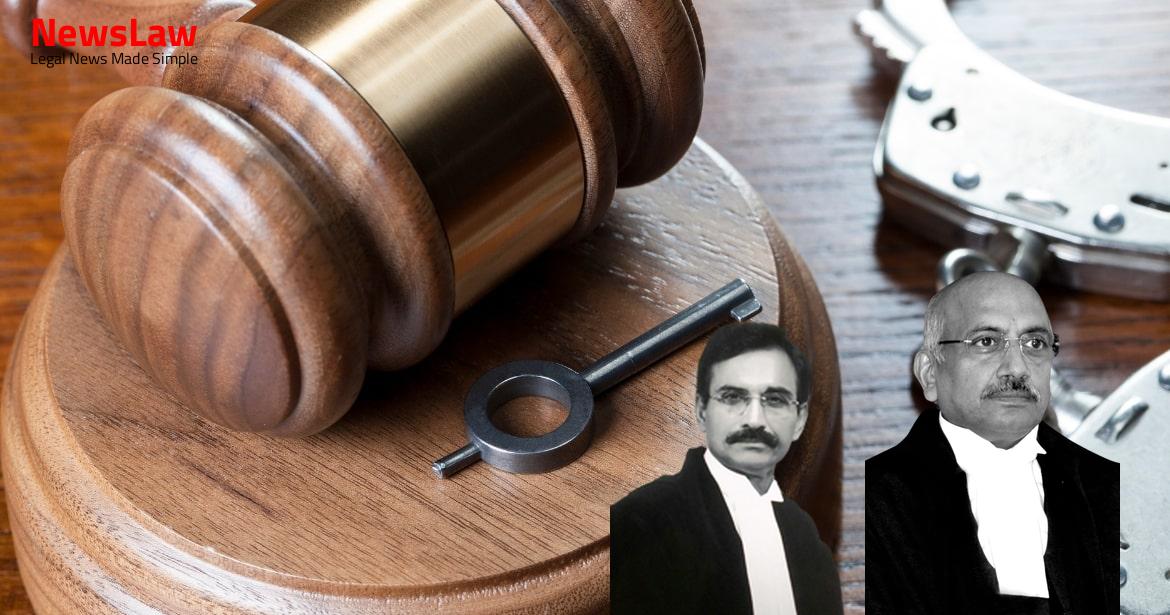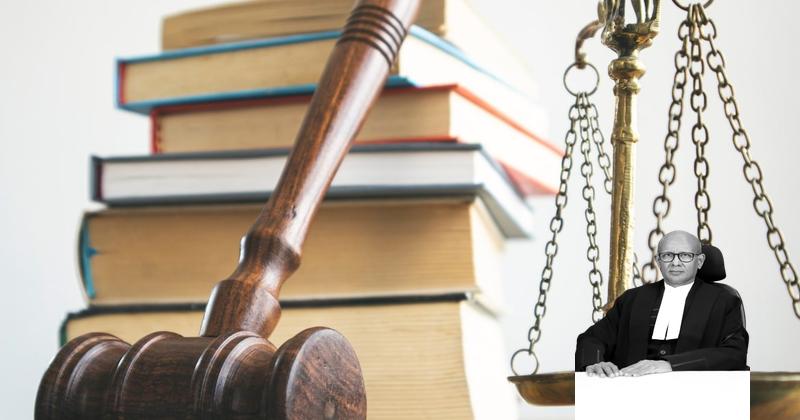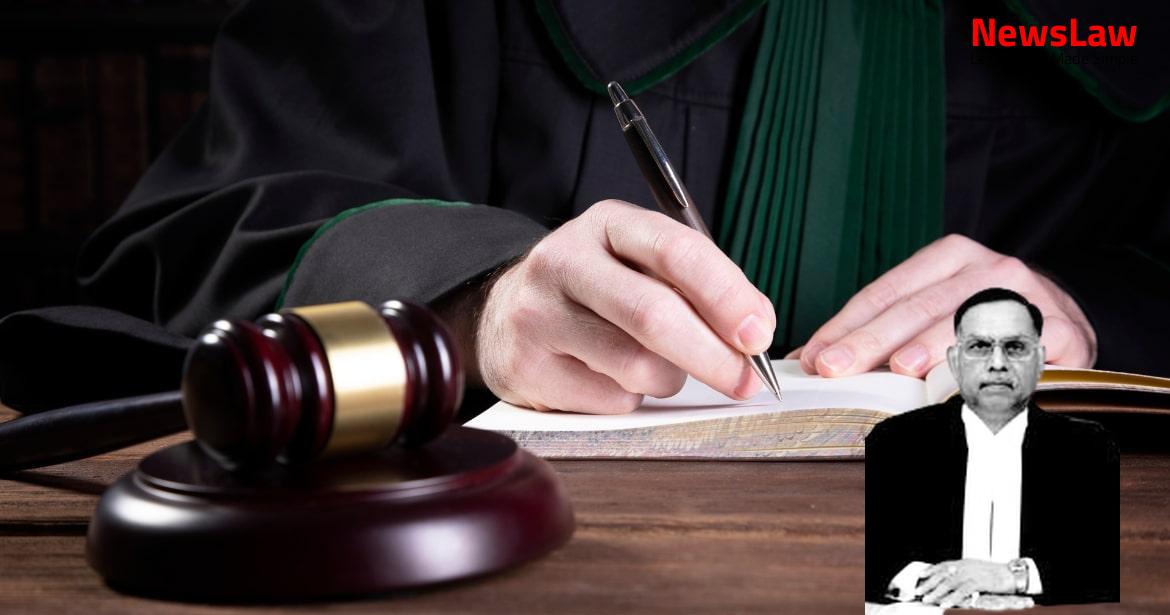Delve into a significant legal case where the court provided a detailed analysis on the cancellation of bail orders. The court’s examination of the grounds for bail cancellation, the distinction between grant and cancellation of bail, and the requirement for new adverse facts sets a precedent for future cases. This case sheds light on the complexities of legal procedures surrounding bail in the criminal justice system.
Facts
- The instant appeals are against orders cancelling bail granted to the appellants in connection with FIR Crime No. 21/2022 at P.S. Dinara District, Shivpuri.
- The bail was cancelled on applications filed by the State under Section 439(2) of CrPC.
- The appellants were arrested for offences under Sections 419, 420, 467, 468, 470 and 471 of IPC and Section 25/27 of the Arms Act.
- The bail applications were earlier accepted by the learned Single Judge under Section 439 CrPC in Miscellaneous Criminal Case Nos. 42299/2022 and 44360/2022.
- Appellants implicated in the case based on confessional statements made by co-accused
- Charge-sheet filed before appellants were granted bail
- State filed applications to cancel bail under Section 439(2) CrPC
- Cancellation of bail applications heard by a different judge than the one who granted bail
- Bail cancellation granted due to collective challenging role of appellants in national security and cyber crime
- Appellants were not apprehended at the time of FIR registration and were not named
Also Read: Refund of Excess Payments Legal Analysis
Analysis
- Police investigation requires cooperation from the accused.
- Cancellation of bail can be done if the accused has misconducted or if there are supervening circumstances.
- Taking irrelevant materials into consideration for granting bail makes the order vulnerable and subject to scrutiny.
- There is a distinction between setting aside an unjustified order and cancelling bail due to accused’s misconduct or supervening circumstances.
- Law distinguishes between grant of bail and cancellation of bail.
- High Court can cancel bail if grounds warranting cancellation exist, not for mere review.
- A court cannot review its own bail order unless specific provision exists.
- Bail can be cancelled in case of misuse, flouting conditions, or procured by fraud.
- Superior court can set aside a perverse bail order, not the same court.
- Court needs new adverse facts to cancel bail, not based on existing circumstances.
- Accused must surrender if bail is cancelled, and Court has discretion for custody.
- High Court has power to direct release on bail under certain circumstances.
- Judicial impropriety noted when bail was cancelled by a different judge of the same High Court without new circumstances.
- State government can approach High Court for bail cancellation if needed.
- Section 439(2) empowers the High Court to direct any person released on bail to be arrested and committed to custody.
- Grounds for cancellation of bail include misuse of liberty, interference with investigation, tampering with evidence or witnesses, threatening witnesses, likelihood of fleeing, going underground, or becoming unavailable to the investigating agency.
- Illustrative grounds are provided, but the list is not exhaustive.
- Prosecution may seek cancellation of bail granted under Section 167(2) proviso if a non-bailable offense is believed to have been committed by the accused after the charge-sheet has been filed.
- Very strong grounds are required in such cases.
- The scope of the power under Section 439(2) has been elaborated in the Gurcharan Singh case [(1978) 1 SCC 118].
- The Gurcharan Singh case explains the provision for cancellation of bail, differences from the old Code, and the powers of courts in granting and cancelling bail.
- The learned Single Judge cancelled the bail granted to the appellants without considering that charges had already been framed against them and the trial had commenced.
- Seven witnesses have been examined at the trial by now.
- The exercise of jurisdiction by the learned Single Judge was deemed as gross impropriety.
Also Read: Quashing of Gangsters Act Proceedings
Decision
- The impugned orders dated 12 December, 2023 canceling the bail granted to the appellants are quashed and set aside.
- Pending applications will be disposed of accordingly.
- The orders cancelling the bail were deemed grossly illegal and did not stand scrutiny.
- The appeals have been allowed.
Case Title: HIMANSHU SHARMA Vs. THE STATE OF MADHYA PRADESH (2024 INSC 139)
Case Number: Crl.A. No.-001051-001051 / 2024



